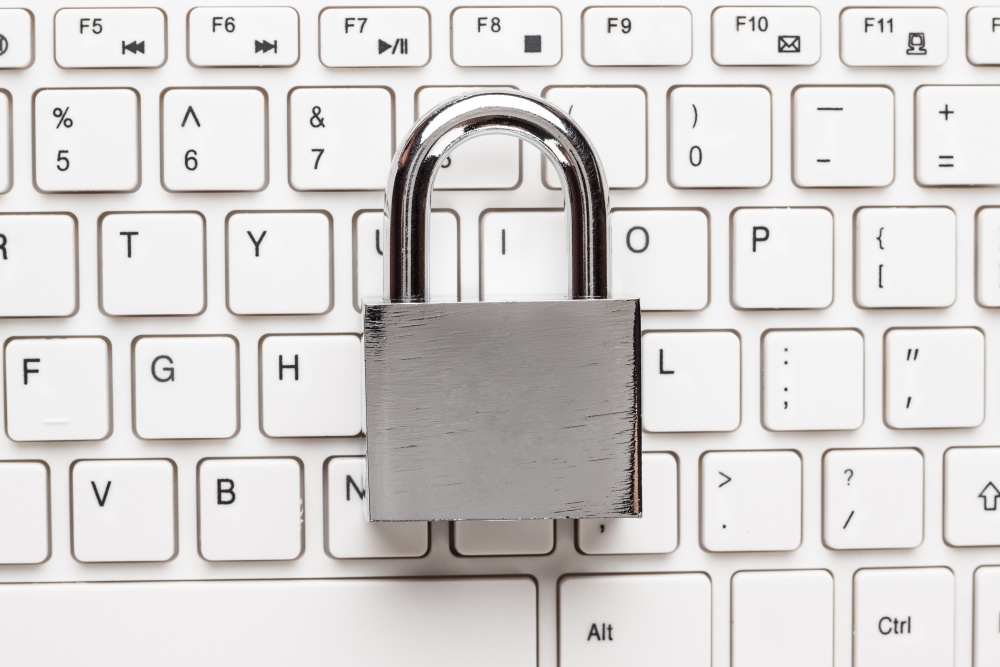Don't let fraud ruin your business
 As hard as you have worked to establish your own business, it is essential to take the necessary precautions so you don't fall victim to fraud that can affect not only your finances, but also the reputation of your business and the confidence of your customers.
Using technology to manage your business finances and protection your business' and your customers' confidential information is convenient and efficient these days. It also requires, however, that you inform yourself about the various information software programs and online banking services available.
Managing business accounts by internet will let you have online access to your business accounts in real time, with updated information about balances and transactions. Additionally, you can receive alerts about any activity in those accounts.
Protect your equipment from fraud
Even if you have installed appropriate anti-virus programs on your equipment to prevent the theft of your information, the best way to avoid fraud in your accounts is to be attentive and take immediate action. It is recommended that you review your accounts frequently, preferably every day. Here are some other recommendations:
As hard as you have worked to establish your own business, it is essential to take the necessary precautions so you don't fall victim to fraud that can affect not only your finances, but also the reputation of your business and the confidence of your customers.
Using technology to manage your business finances and protection your business' and your customers' confidential information is convenient and efficient these days. It also requires, however, that you inform yourself about the various information software programs and online banking services available.
Managing business accounts by internet will let you have online access to your business accounts in real time, with updated information about balances and transactions. Additionally, you can receive alerts about any activity in those accounts.
Protect your equipment from fraud
Even if you have installed appropriate anti-virus programs on your equipment to prevent the theft of your information, the best way to avoid fraud in your accounts is to be attentive and take immediate action. It is recommended that you review your accounts frequently, preferably every day. Here are some other recommendations:
- Periodically review the security settings on the devices you use to access your accounts (computers, tablets or cell phones) to update or maintain the strictest controls.
- Create passwords that are difficult to decode. Your password should consist of a minimum of eight characters, including lower-case and upper-case letters, numbers and special characters that are not related to you or your business.
- Change your password periodically; do not share it with anyone.
- Do not use public computers to access your accounts because you don't know if this machine will protect your data. You also should not conduct banking transactions while you have multiple browsers open on your computer.
- If your business offers free Wi-Fi to your customers, configure the service so that you do not put your information at risk via the wireless service.
- Just as you should not leave a paper with confidential information in a visible location, do not leave unattended any devices you use to manage your online accounts; this prevents someone else from gaining access to them.
- If your business accepts credit or debit cards, your systems should comply with the PCI (Payment Card Industries) Security Standard Council
For more advice on how to take action and prevent fraud in your business visit the security business section.
This article is for informational purposes only and does not constitute an endorsement or guarantee of accuracy or applicability for any particular purpose. Neither Popular nor any of its affiliates, subsidiaries, or related companies shall be liable for any special, direct, or indirect harm stemming from the information contained in this article. Should you require further information or guidance on the subject of this article, you should always seek the advice of a competent professional of your choice.

